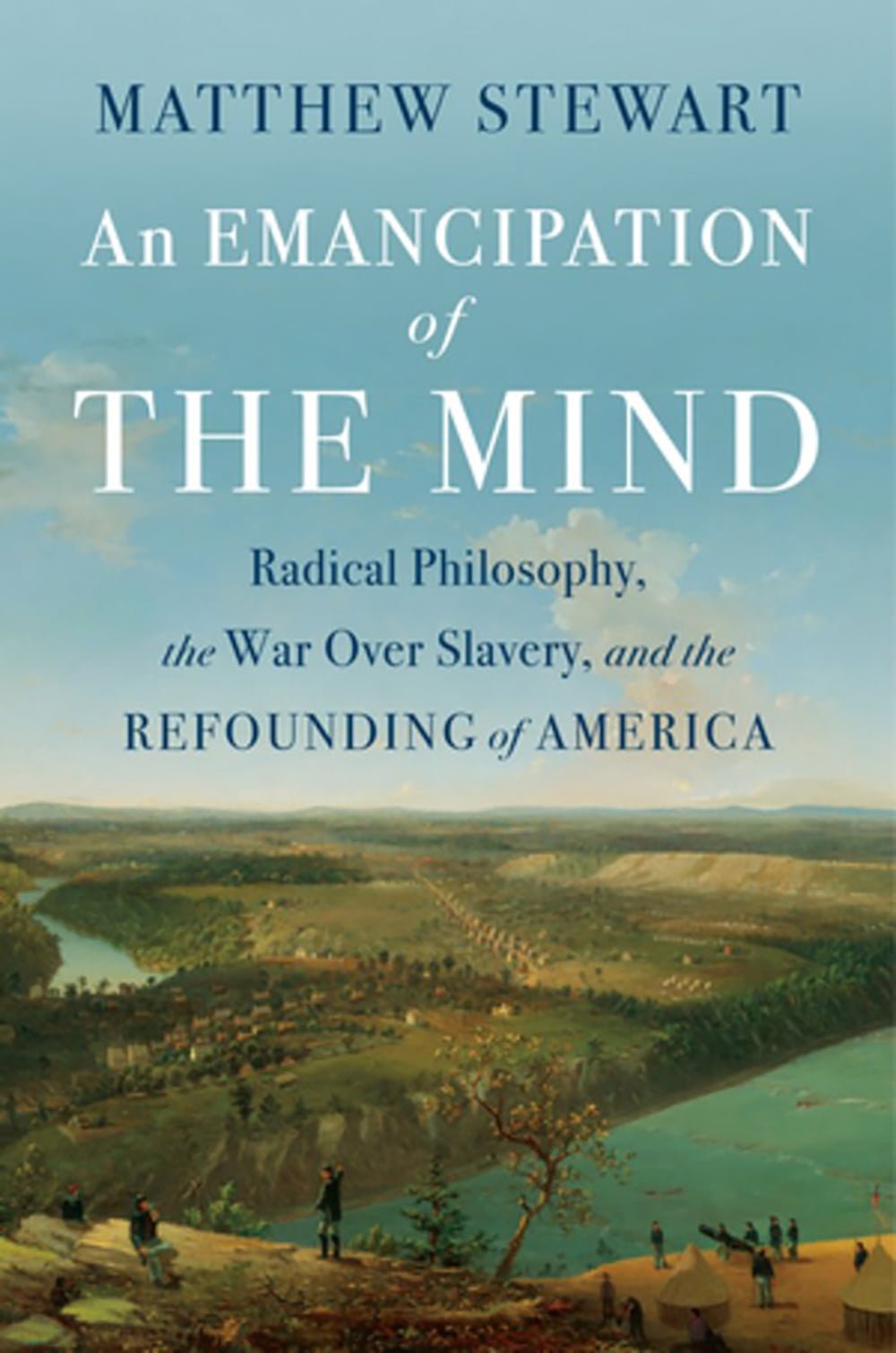Introduction to ‘An Emancipation of the Mind’
“An Emancipation of the Mind” by Matthew Stewart provides a profound exploration of the philosophical underpinnings that guided the abolitionist movement during the Civil War era. The book makes a compelling argument that the true foundation of the American ideal we celebrate today was laid in 1865, through the efforts of thinkers like Frederick Douglass, Abraham Lincoln, and Theodore Parker.

The Enlightenment Influence
Stewart delves into how Enlightenment-era visions of freedom, reason, justice, and humanism inspired these prominent figures. For them, philosophy was not merely academic but an indispensable guide on their road to emancipation. They relied on reason to challenge the unjust and unreasonable distributions of wealth that slavery represented.
The Transformation of Slavery
By the mid-19th century, slavery had undergone a significant and cruel transformation, deeply integrating itself into the political economy. Stewart describes how the factories of New England and even old England were inextricably linked to the produce from enslaved people in the American South. This reliance on slavery created an oligarchy that fostered a racial caste system and used the facade of democracy to achieve undemocratic ends.
A Broader Perspective on Abolitionism
Aside from the well-known abolitionists, Stewart also profiles lesser-known figures whose contributions were equally important. These individuals, whether they were thinkers from abroad or activists in the U.S., were instrumental in opposing slavery and played crucial roles in our history. Their efforts contributed to what Stewart terms a “refounding” of America, making his narrative both eye-opening and thought-provoking for anyone interested in American history or philosophy.